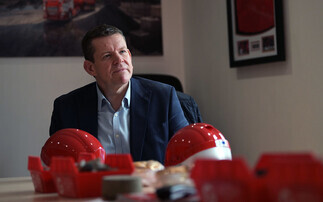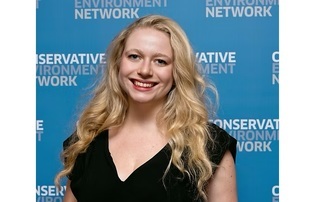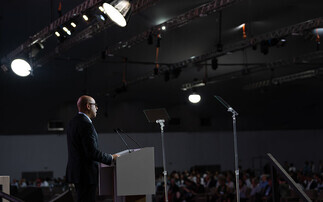Jane Burston reports on the protests and negotiating gambits as the second week of talks kicks off
Today marks the start of the second week of the climate talks here in Durban. Ministers, prime ministers and presidents have started to descend on the conference centre for the start of the 'high-level...
To continue reading this article...
Join BusinessGreen
In just a few clicks you can start your free BusinessGreen Lite membership for 12 months, providing you access to:
- Three complimentary articles per month covering the latest real-time news, analysis, and opinion from Europe’s leading source of information on the Green economy and business
- Receive important and breaking news stories via our daily news alert
- Our weekly newsletter with the best of the week’s green business news and analysis






